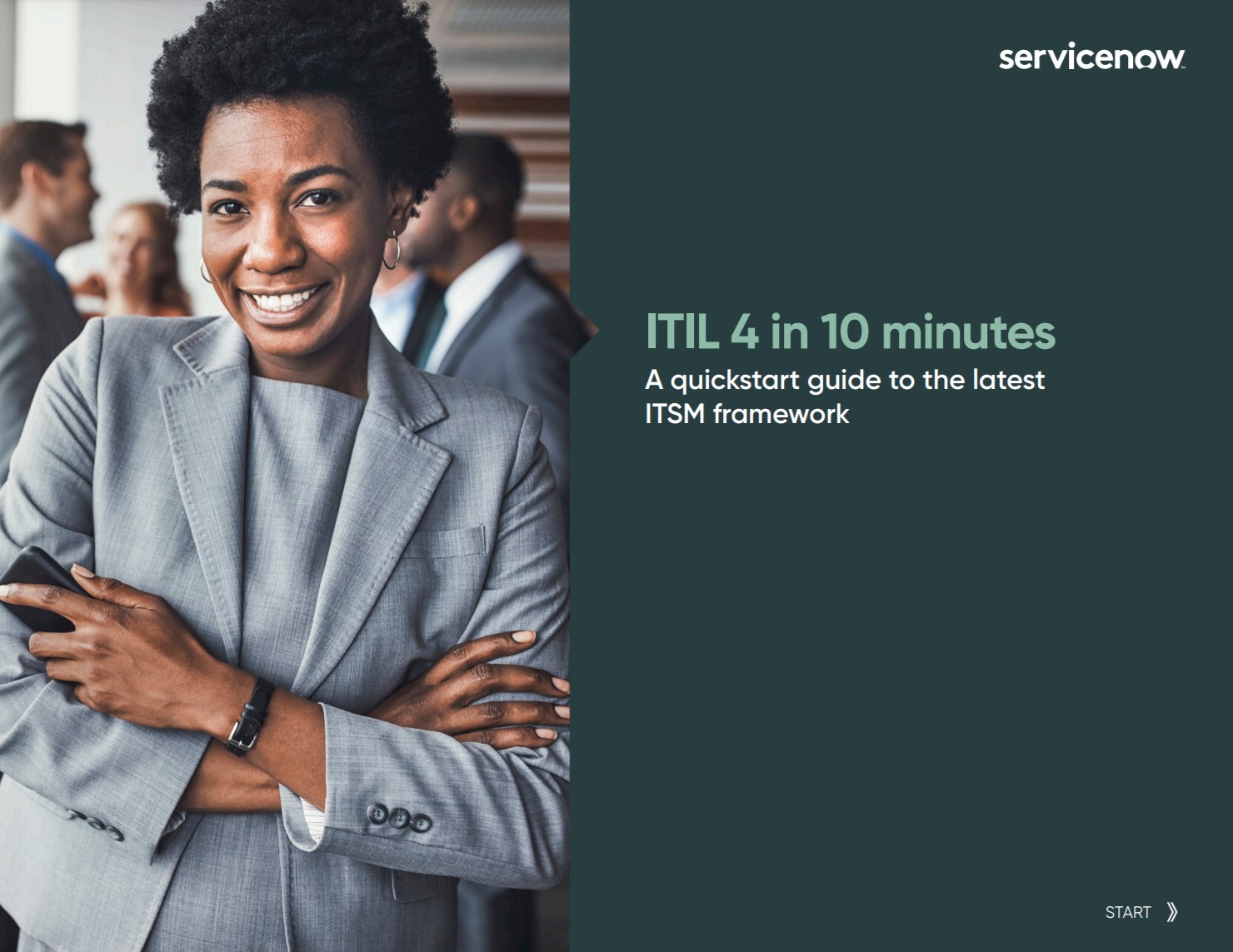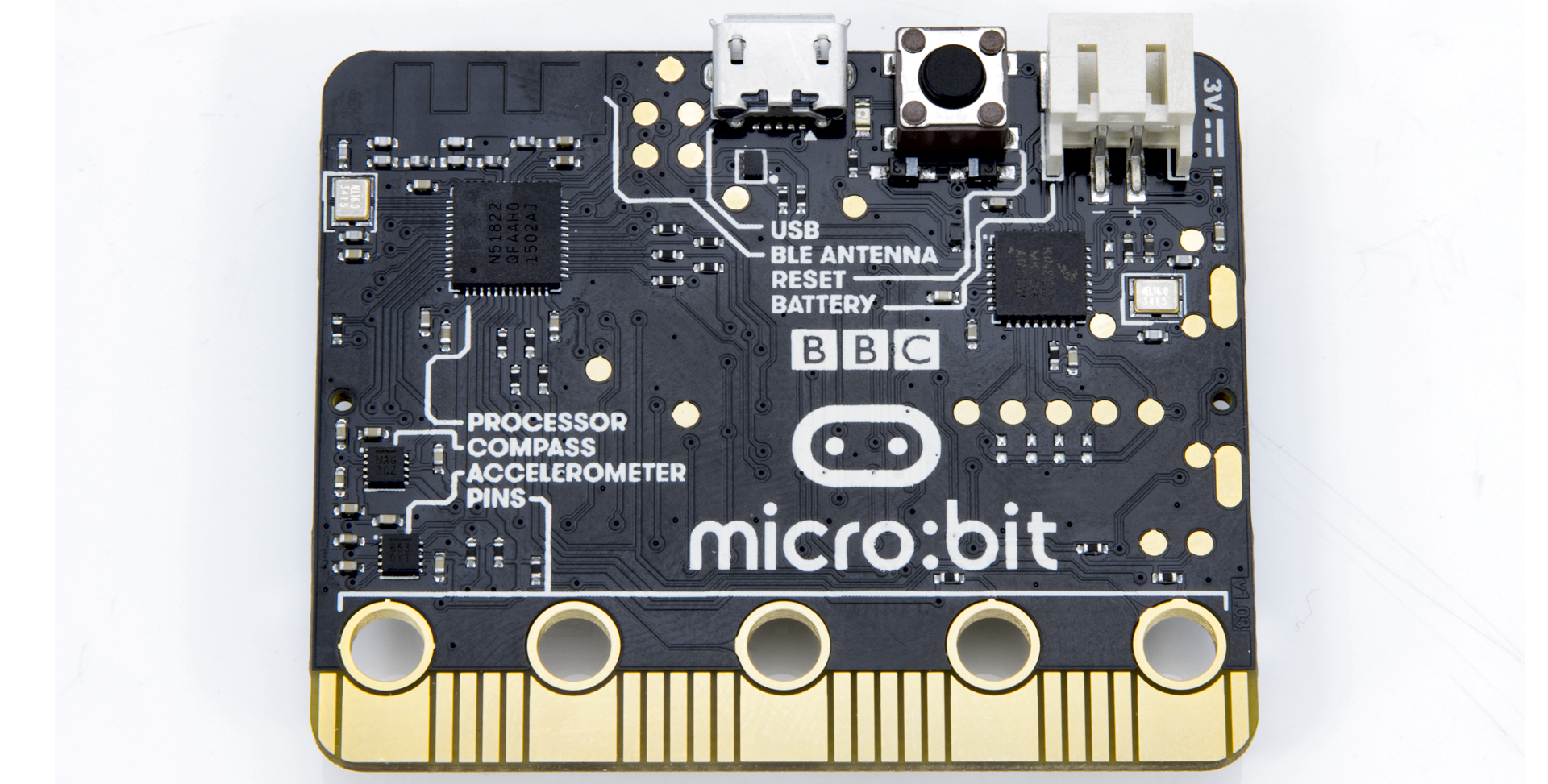FCC questions the legitimacy of some rural internet bids
Commission asks for more due diligence on almost 200 funding applications


Sign up today and you will receive a free copy of our Future Focus 2025 report - the leading guidance on AI, cybersecurity and other IT challenges as per 700+ senior executives
You are now subscribed
Your newsletter sign-up was successful
The Federal Communications Commission (FCC) is re-examining winning applications in its program to provide internet access to rural Americans.
The FCC wrote to several winning bidders in its Rural Digital Opportunity Fund (RDOF) program yesterday to question them over the validity of their coverage. It wrote 197 letters to applicants for funding identifying areas it suspected already had broadband services.
Recipients of the letter included Starlink Services, owned by Elon Musk's SpaceX, which was among the biggest winners of the RDOF auction with an $885.5 million bid to provide internet access across 35 states. The FCC has raised questions about coverage in 34 of them.
The RDOF program is part of a $9.2 billion funding program to bridge the digital divide by offering broadband access across 49 US states. It allocated the funds via a reverse auction across 300 companies with 180 winners. The bids were to serve areas without broadband download speeds of at least 25Mbps and upload speeds of at least 3Mbps.
Winning bidders got the chance to divide their bids between different entities — such as subsidiaries working in specific states — which then filed long-form applications for the funding.
RELATED RESOURCE

Yesterday, the FCC announced it was ready to provide $311 million to 48 broadband providers across 36 states. However, it needed more due diligence from some of its long-form applicants, it said.
"Concerns have nonetheless been raised that certain areas included in the Rural Digital Opportunity Fund auction are already served by one or more service providers that offer 25/3 Mbps broadband service or otherwise raise significant concerns about wasteful spending, such as parking lots and international airports," the letter warned.
Sign up today and you will receive a free copy of our Future Focus 2025 report - the leading guidance on AI, cybersecurity and other IT challenges as per 700+ senior executives
Recipients of these letters have until August 16 to reexamine their bids and weed out areas with adequate broadband access. They must then write to the FCC explaining why they are pulling those bids. The FCC will then announce all the areas where bidders pulled out.
The FCC released a list of bidders that have already defaulted on some bids, although this did not include all of the companies it wrote to this week. So far, the defaulted bids total $78.5 million.
Danny Bradbury has been a print journalist specialising in technology since 1989 and a freelance writer since 1994. He has written for national publications on both sides of the Atlantic and has won awards for his investigative cybersecurity journalism work and his arts and culture writing.
Danny writes about many different technology issues for audiences ranging from consumers through to software developers and CIOs. He also ghostwrites articles for many C-suite business executives in the technology sector and has worked as a presenter for multiple webinars and podcasts.
-
 AWS CEO Matt Garman isn’t convinced AI spells the end of the software industry
AWS CEO Matt Garman isn’t convinced AI spells the end of the software industryNews Software stocks have taken a beating in recent weeks, but AWS CEO Matt Garman has joined Nvidia's Jensen Huang and Databricks CEO Ali Ghodsi in pouring cold water on the AI-fueled hysteria.
-
 Deepfake business risks are growing
Deepfake business risks are growingIn-depth As the risk of being targeted by deepfakes increases, what should businesses be looking out for?
-
 Welsh startups 'increasingly isolated' over lack of diverse funding routes
Welsh startups 'increasingly isolated' over lack of diverse funding routesNews Founders say Wales' chance to be one of the UK's leading tech ecosystems is being undermined by a lack of investment
-
 What is WCAG and how do these guidelines power accessibility online?
What is WCAG and how do these guidelines power accessibility online?In-depth Experts urge a mentality shift, away from box-ticking compliance, to one that incorporates ease of use into the very fabric of web design
-
 UK gov opens £12m innovation fund to tackle cost of living crisis, regional inequality
UK gov opens £12m innovation fund to tackle cost of living crisis, regional inequalityNews Funding will enable regulators and local authorities to test and experiment with "bold and ambitious" approaches to the pressing issues of the day
-
 Diversity in tech is a well-trodden path, but change is painfully slow
Diversity in tech is a well-trodden path, but change is painfully slowOpinion IT leaders have a big role to play in changing attitudes to diversity and inclusion, but not all of them step up to the challenge
-
 Two in three IT employers struggle to recruit staff with adequate digital skills
Two in three IT employers struggle to recruit staff with adequate digital skillsNews Three quarters (77%) of surveyed senior UK IT decision-makers claimed that they are currently facing a digital skills gap in their organisation
-
 Primary schools to receive BBC micro:bits in digital literacy push
Primary schools to receive BBC micro:bits in digital literacy pushNews The initiative comes amid an "all-time high" shortage of talent in cyber security, big data analytics and technical architects
-
 Lenovo to give £1 from every laptop sale to UK digital poverty charities
Lenovo to give £1 from every laptop sale to UK digital poverty charitiesNews Tech giant to support local authorities and charities with hardware and expertise
-
 Disabled IT professionals are building access for themselves
Disabled IT professionals are building access for themselvesIn-depth For visually impaired developers, the tools just aren’t good enough – so they’re taking matters into their own hands
